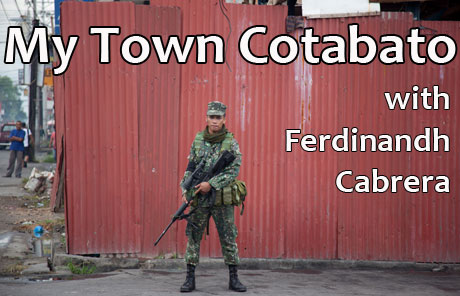SCO to target cyber terrorism
Updated: 2011-09-22 07:09
By Zhang Yan and Cao Yin (China Daily)
|
|||||||||
BEIJING - The member states of the Shanghai Cooperation Organization (SCO) have vowed to further strengthen their cooperation to fight cyber terrorism and online terrorist financing, security officials from member states said at a regional anti-terrorism meeting in Beijing on Wednesday.
"Internet terrorism and fundraising have become the new impetus for terrorists to carry out their plans," Kolbai Musaev, deputy chief of the State Committee for National Security of the Kyrgyz Republic, said at the meeting.
He said the Internet has become an important tool for terrorists to organize attacks.
"The Internet is a safe, favorite choice for terrorist activities due to the free access, lack of supervision, anonymity and unlimited information dissemination," Musaev said.
Sayfulloev Safarali, a senior official in charge of anti-terrorism issues with the SCO, said most terrorist organizations have their own websites, which operate in different languages. There are tens of thousands of websites promoting terrorism and extremism around the world.
Meanwhile, terrorists mainly generate funds through drug trafficking, smuggling of firearms and even human trafficking, he said.
"Funds are considered as 'lubricants' for them to launch terrorist attacks, and if no money is provided it's impossible to make an attack," Safarali said.
Meng Hongwei, China's deputy minister of public security, told the seminar that the country has actively cooperated with all parties, deepening pragmatic cooperation within the framework of the organization.
"The frontier-defense police authorities of all member states have intensified cooperation to prevent the three forces - terrorism, extremism and separatism - from penetrating their regions," Meng said.
The SCO has provided a good platform for future international anti-terrorism efforts, Dai Peng, a professor at the Chinese People's Public Security University, said on Wednesday.
However, disagreements over political ideas, different legal systems and inconsistent diplomatic policies among these countries pose challenges to anti-terrorism cooperation.
"Different countries have different cultures, religions and recognition of terrorism, which create major difficulties for cooperation and enforcing crackdowns," Dai said.
In recent years, the majority of terrorist acts originated from the Internet. Organizers used the Internet to broadcast terrorism information and incite crimes, he said.
"Improving regional economic and trade cooperation, and speeding up economic development are the most fundamental ways to clear up terrorism," Li Wei, a counter-terrorism expert with the China Institutes of Contemporary International Relations, said.
China Daily
(China Daily 09/22/2011 page4)











